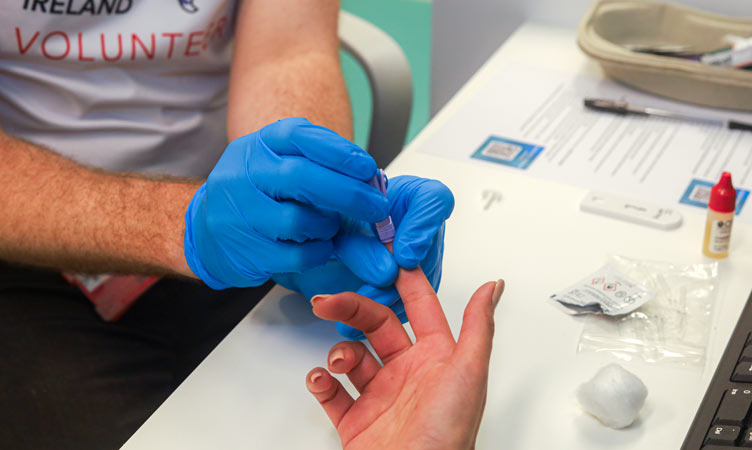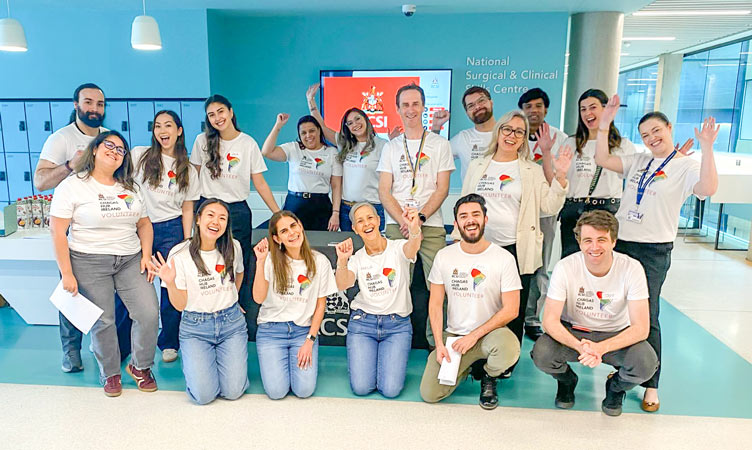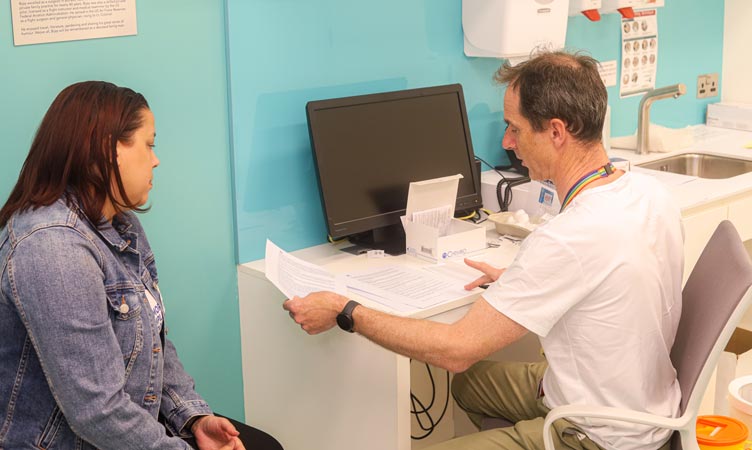Chagas disease, a silent but potentially devastating parasitic illness, is largely unfamiliar in Europe. Yet for millions across Latin America, it is a pressing public health concern. With Latin American migration to Europe increasing, ensuring early detection and care for Chagas disease has become more critical.
Recognising this emerging health challenge, a new initiative called Chagas Hub Ireland has been established through an RCSI student-staff partnership.
The project brings together healthcare professionals, researchers, public health advocates and members of the Latin American community in Ireland, working together to contribute to global efforts to eliminate this neglected tropical disease.
Understanding the challenge
Chagas disease is caused by the parasite Trypanosoma cruzi, transmitted primarily by the bite of the 'kissing bug' which is not found in Europe. The disease can also be passed through blood transfusion or from mother to child.
What makes Chagas particularly dangerous is its stealth: the early stage of infection is typically asymptomatic. Without intervention, 20-30% of those infected develop severe cardiac or digestive complications, often decades later.
Despite this risk, most European countries lack routine screening for Chagas disease. This means in Ireland, for instance, that people coming to Ireland from Latin American are currently ineligible to donate blood because of the absence of available screening protocols.
Rapid diagnostic testing
Under the mentorship of Dr Eoghan de Barra, senior lecturer in international and tropical medicine at RCSI, and inspired by the work of Dr Natalie Elkheir who founded the UK Chagas Hub, a student-led initiative was born.
RCSI’s Student Engagement and Partnership (StEP) programme empowers staff and students to work with and learn from each other, with students, staff and wider communities benefitting as a result.
With support from programme, Julia Victoria Segatello Martins, a third-year Graduate Entry Medicine student at RCSI, devised a pilot project to explore the feasibility of rapid diagnostic testing for Chagas disease among the Brazilian community in Dublin.
With the UK Chagas Hub serving as a model, the team sought to understand how a similar approach could work in an Irish context. This involved securing ethical approval from RCSI, forging partnerships with local community organisations, and assembling a passionate team of volunteers to bring the project to life.
Community at the centre
The Brazilian community, which represents the largest Latin American population in Ireland, became the focal point of the initiative. Collaborating with grassroots organisations Brazil Ireland Association (BRIA) and Amor Simples de Doar, the team conducted extensive outreach and received interest from around 150 individuals.
Although capacity was limited to 50 participants for the pilot screening event, the enthusiastic response underscored the community’s readiness to engage.
At the inaugural event, 55 participants arrived, each driven by a shared goal: to access preventive care through early detection and reclaim their ability to donate blood and. Supported by 20 dedicated volunteers, the screening gathered valuable data which will help assess the potential for future scaling.
RCSI is committed to achieving a better and more sustainable future through the UN Sustainable Development Goals.
![]()
![]()
![]()




